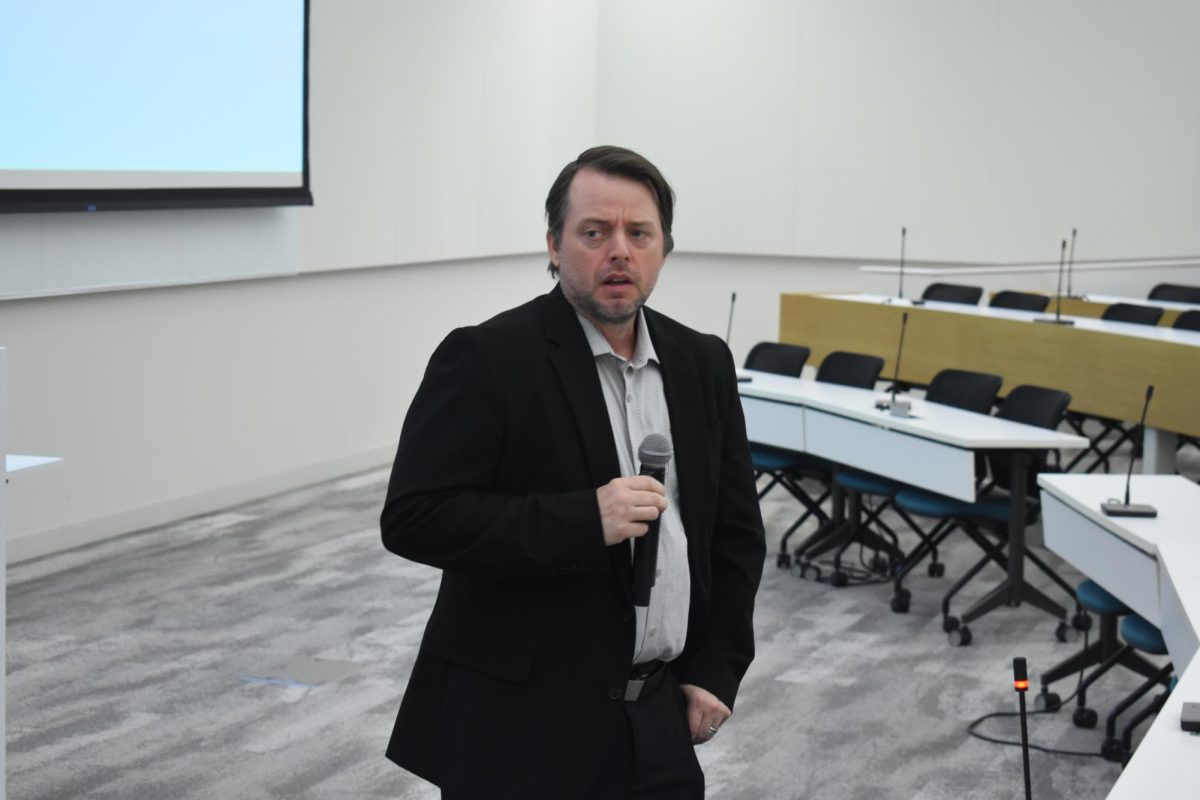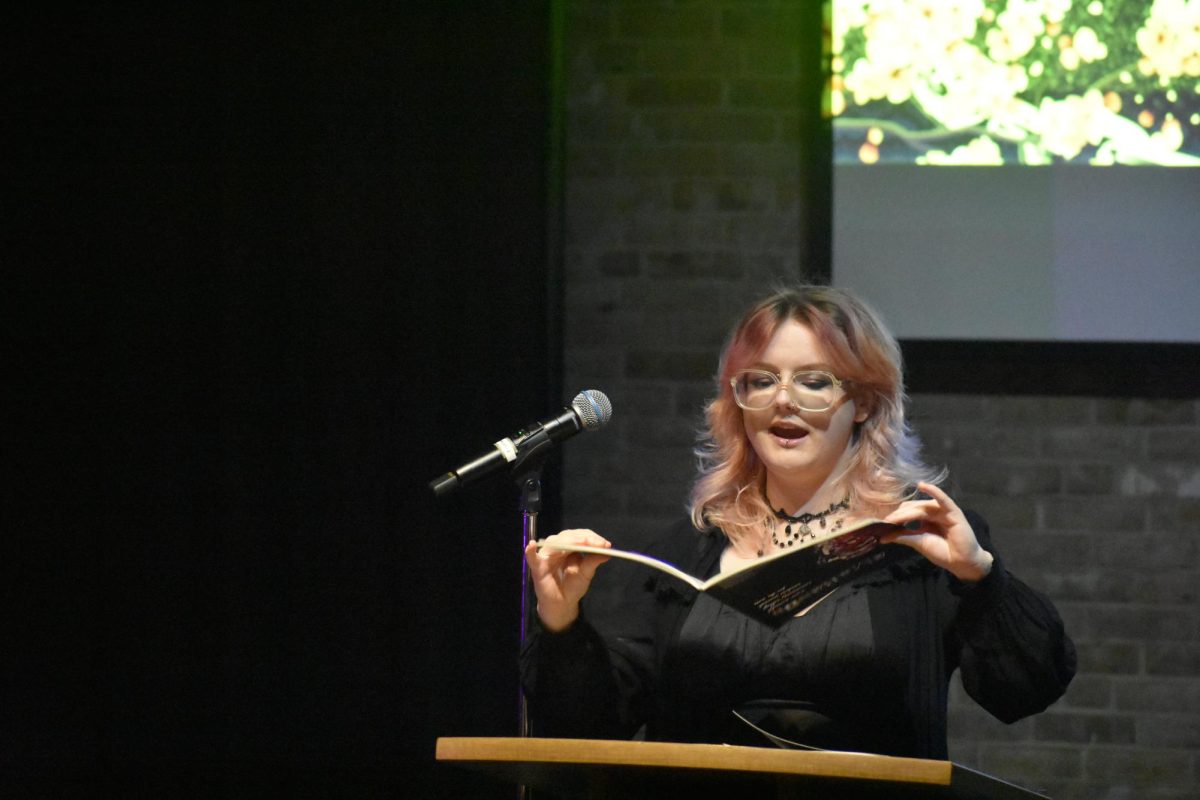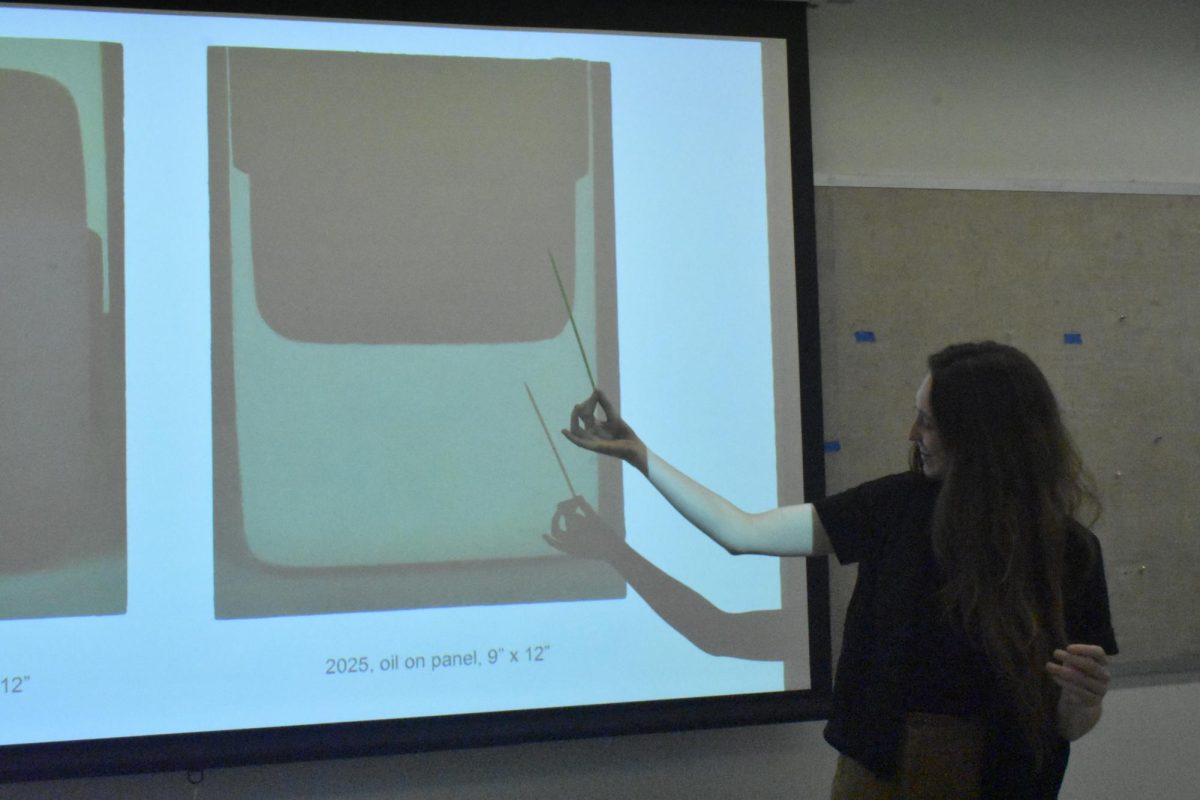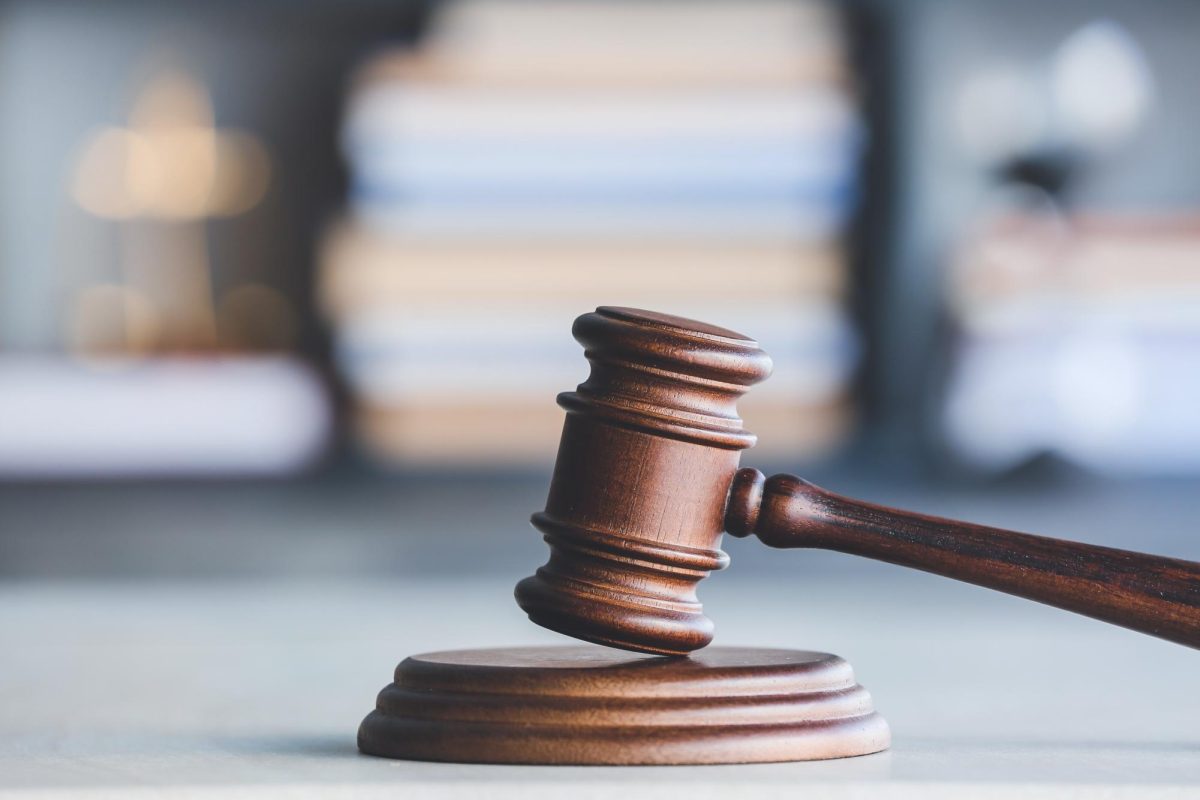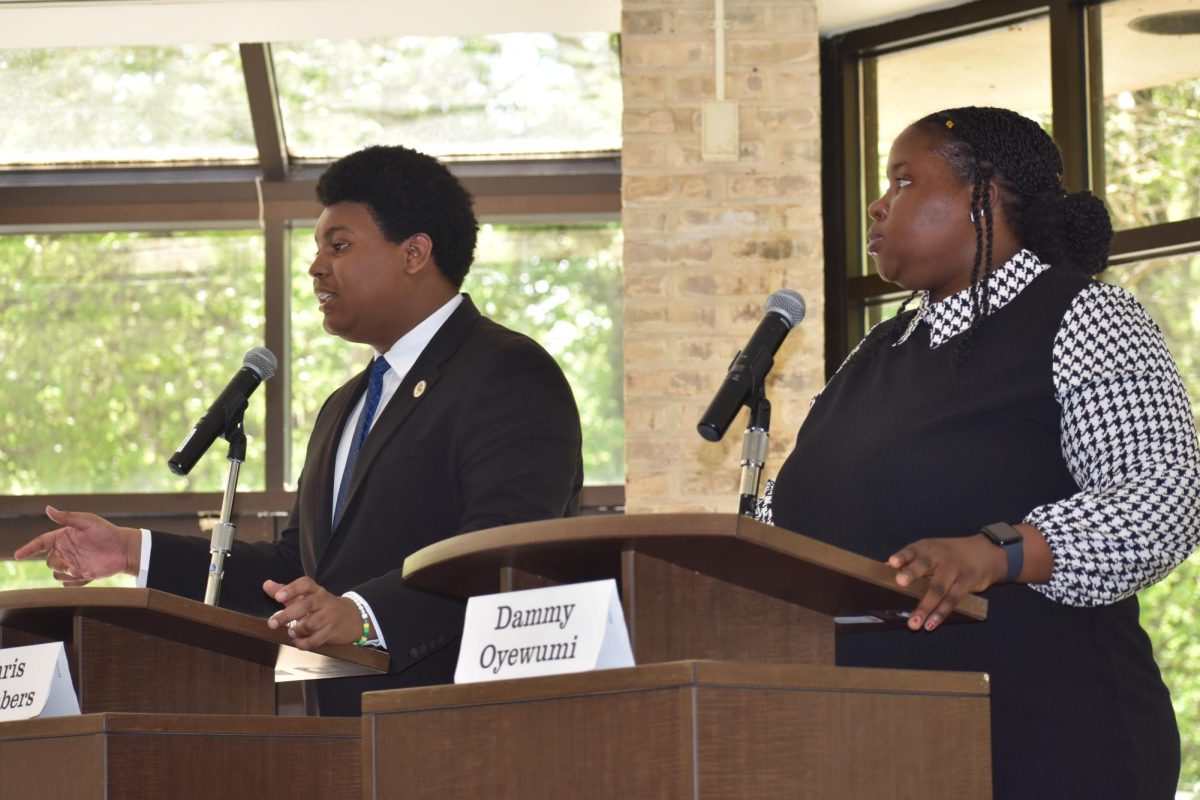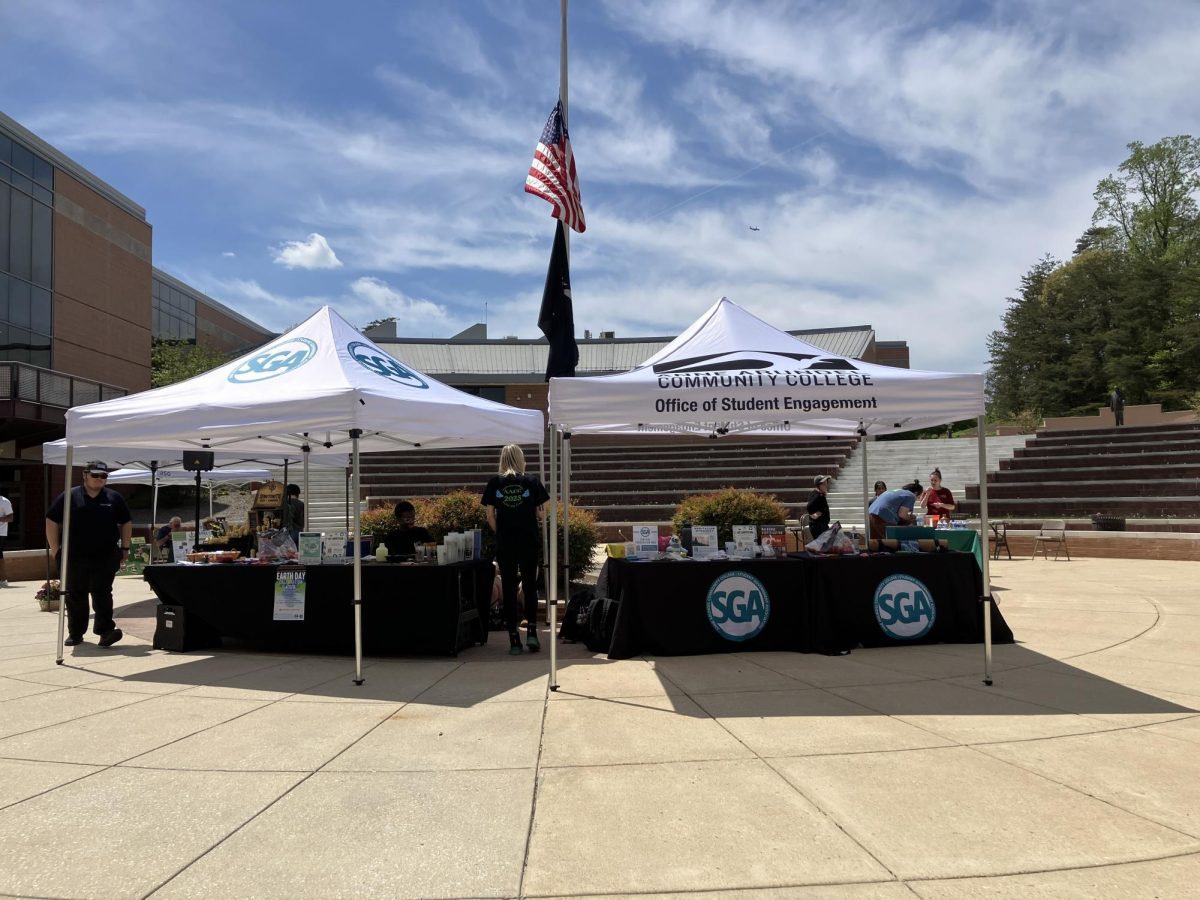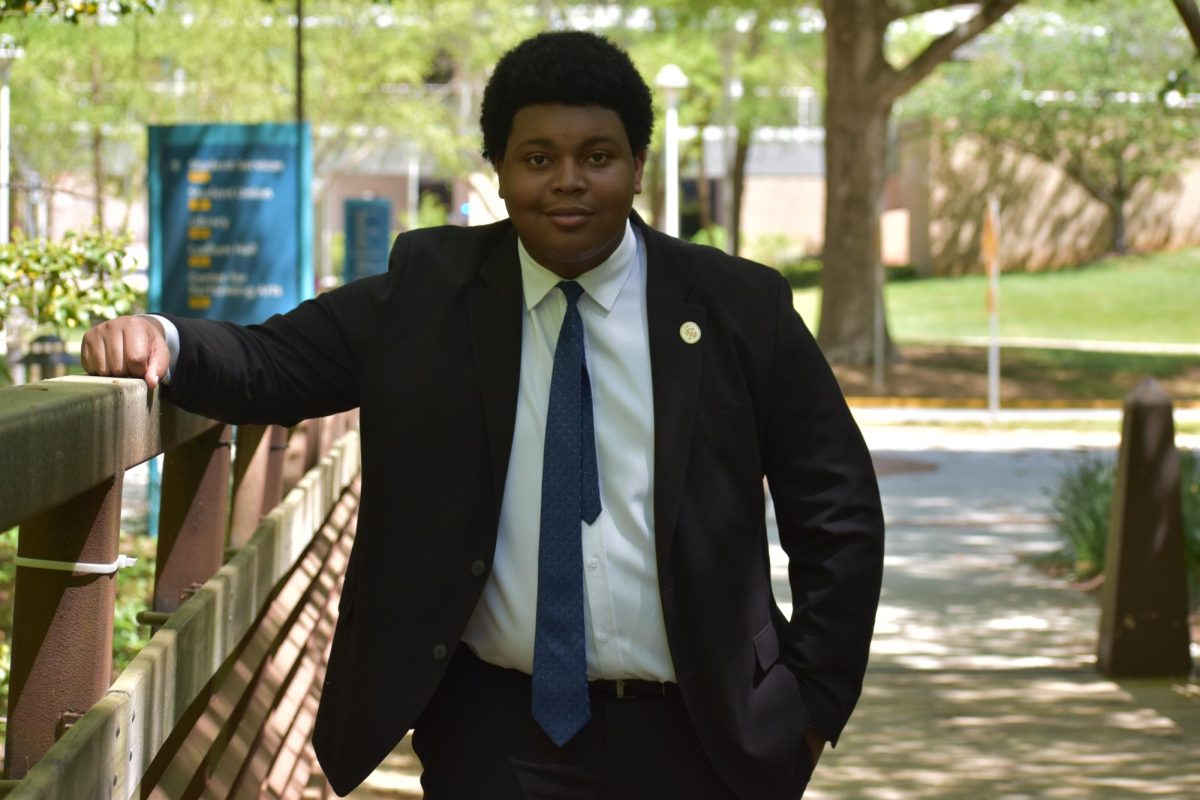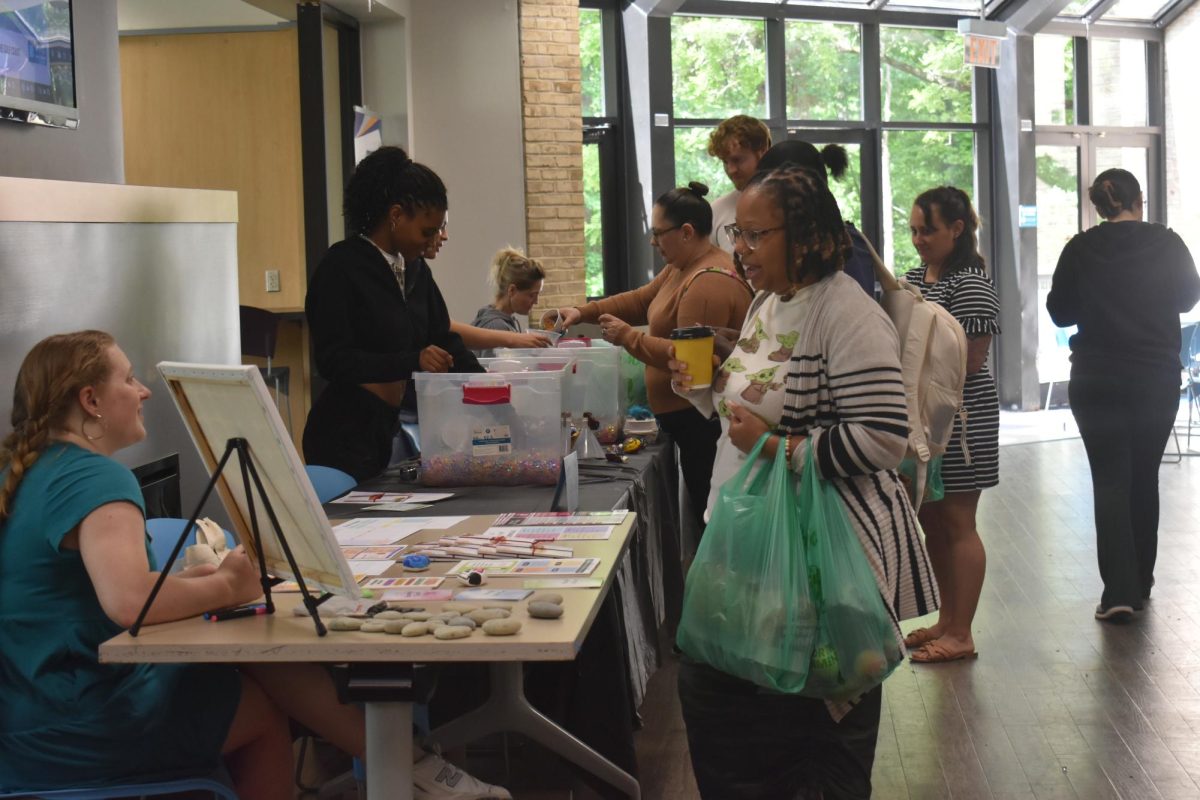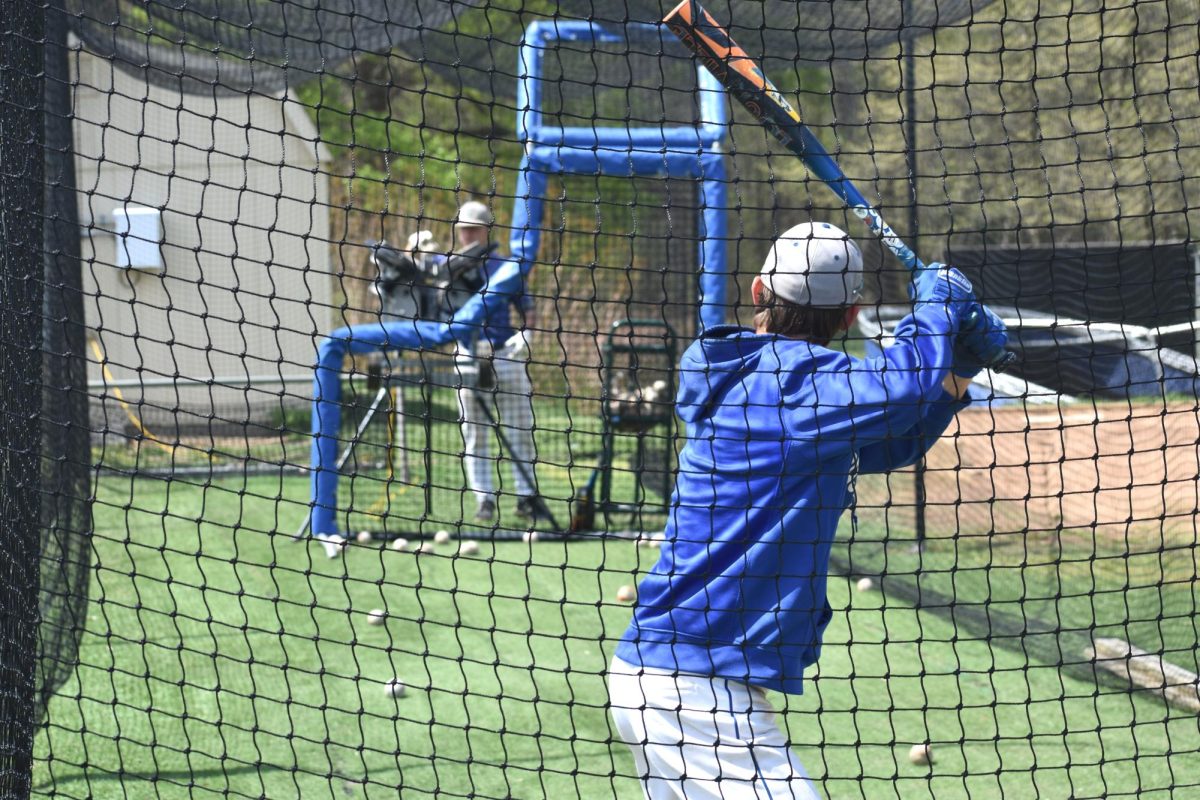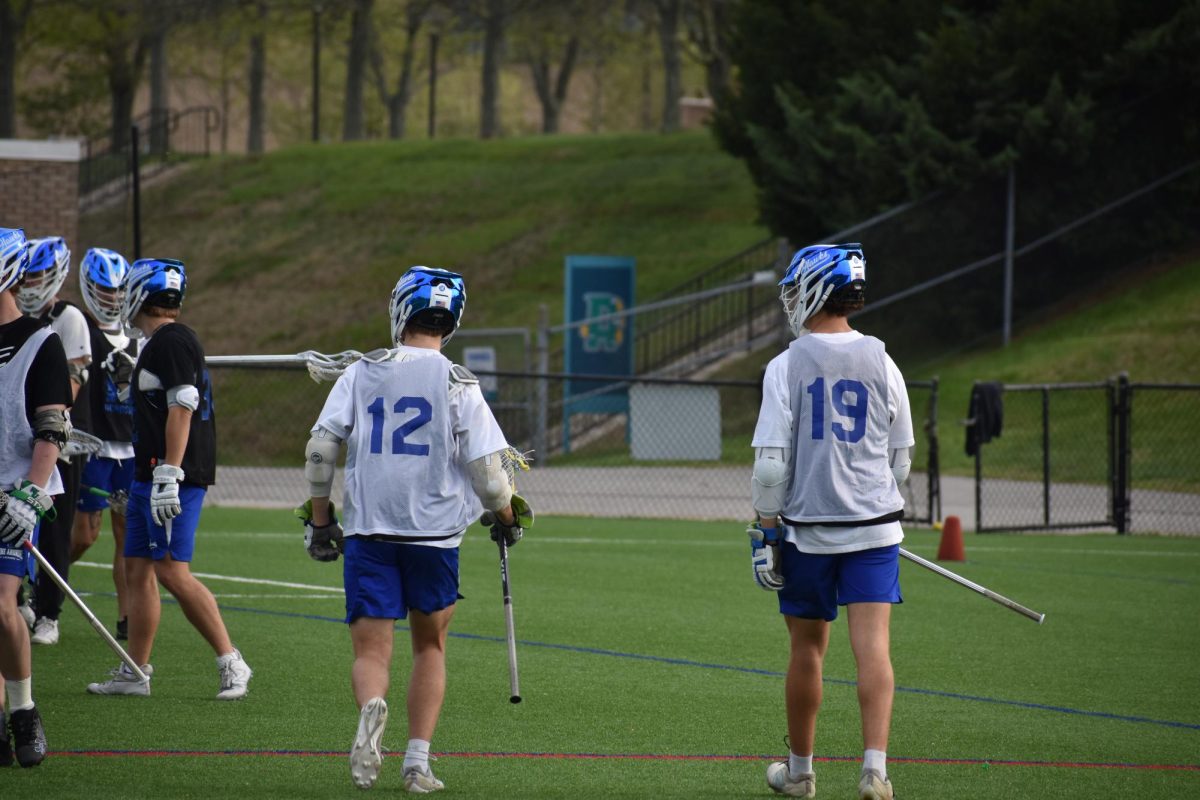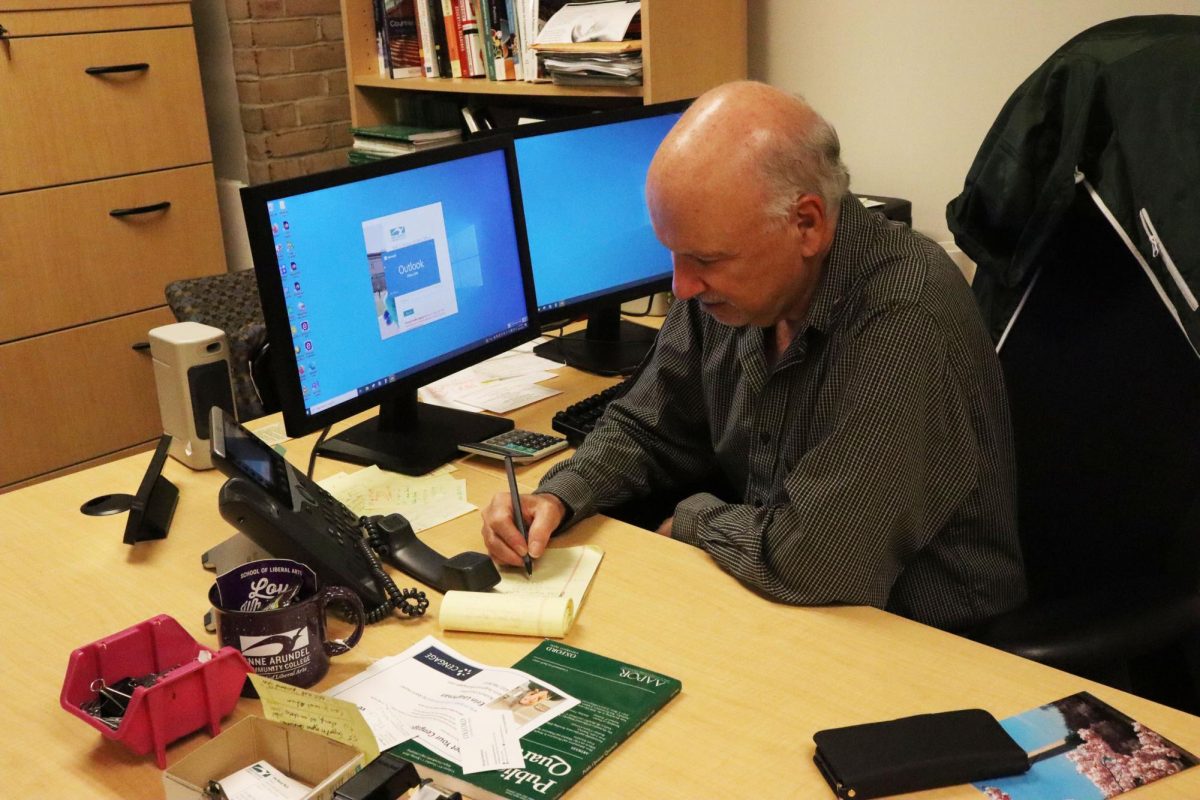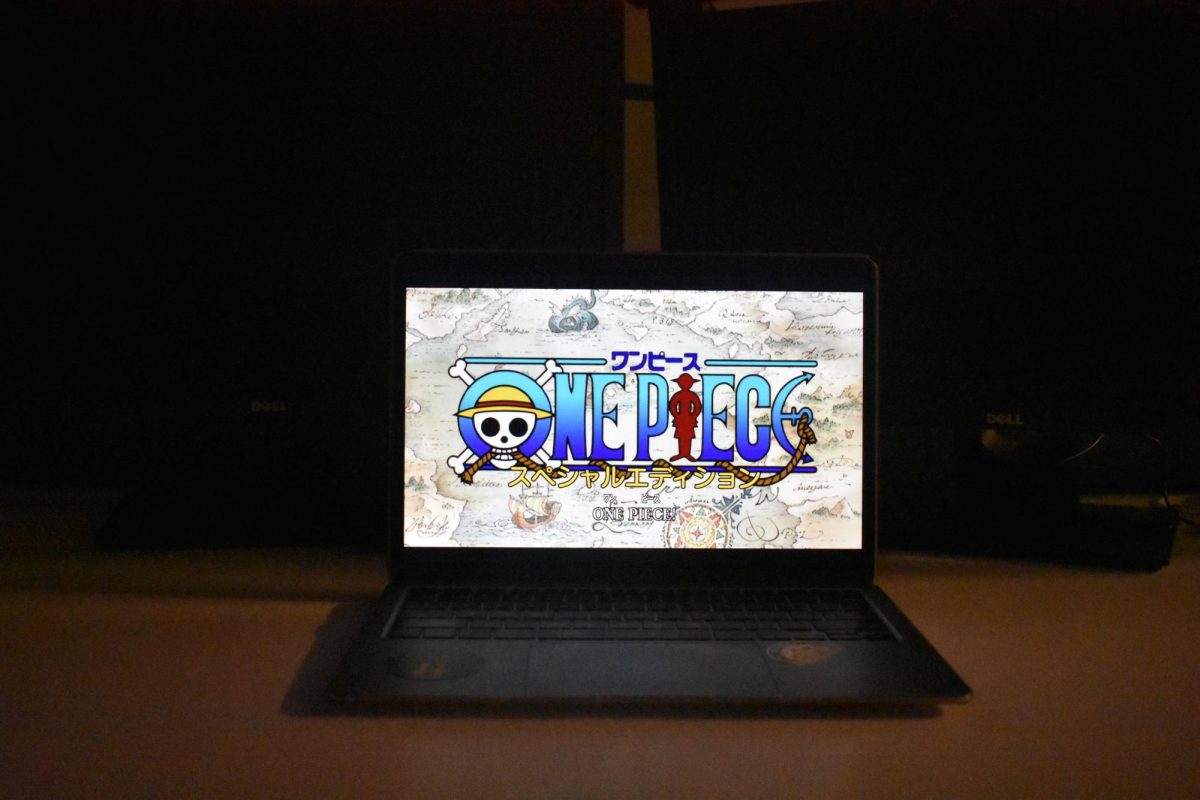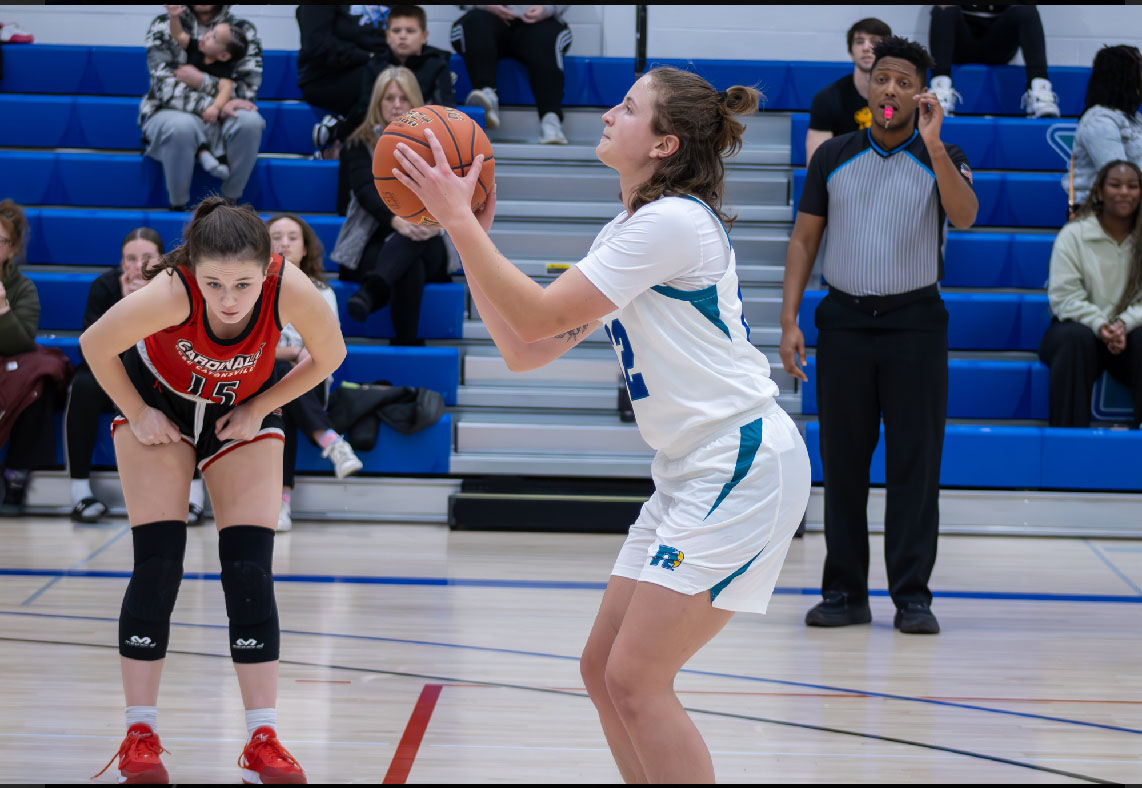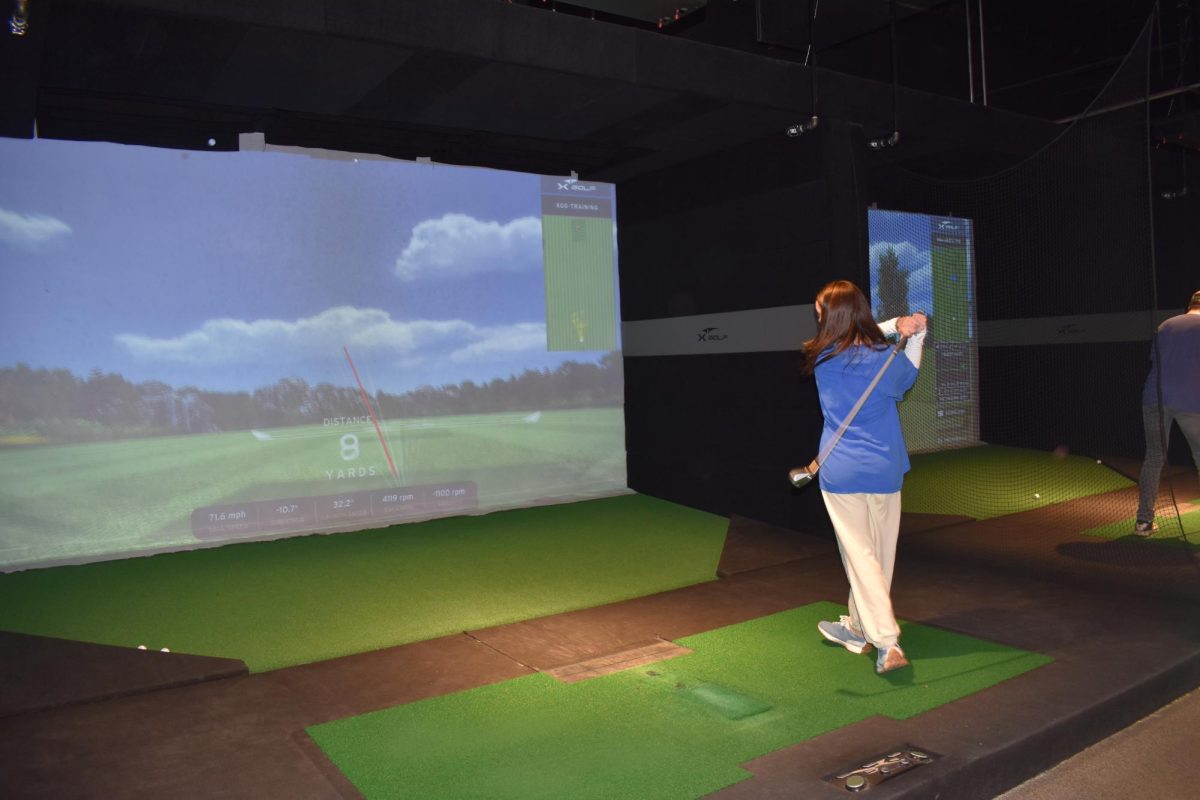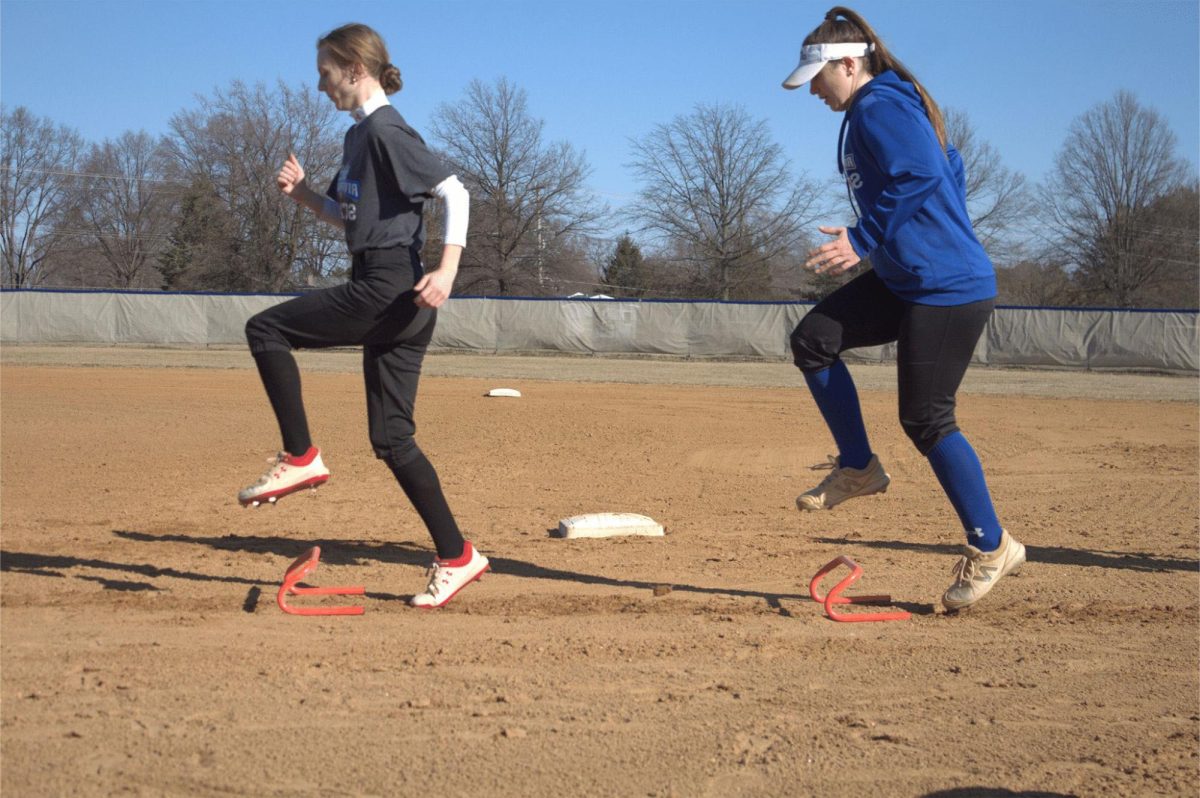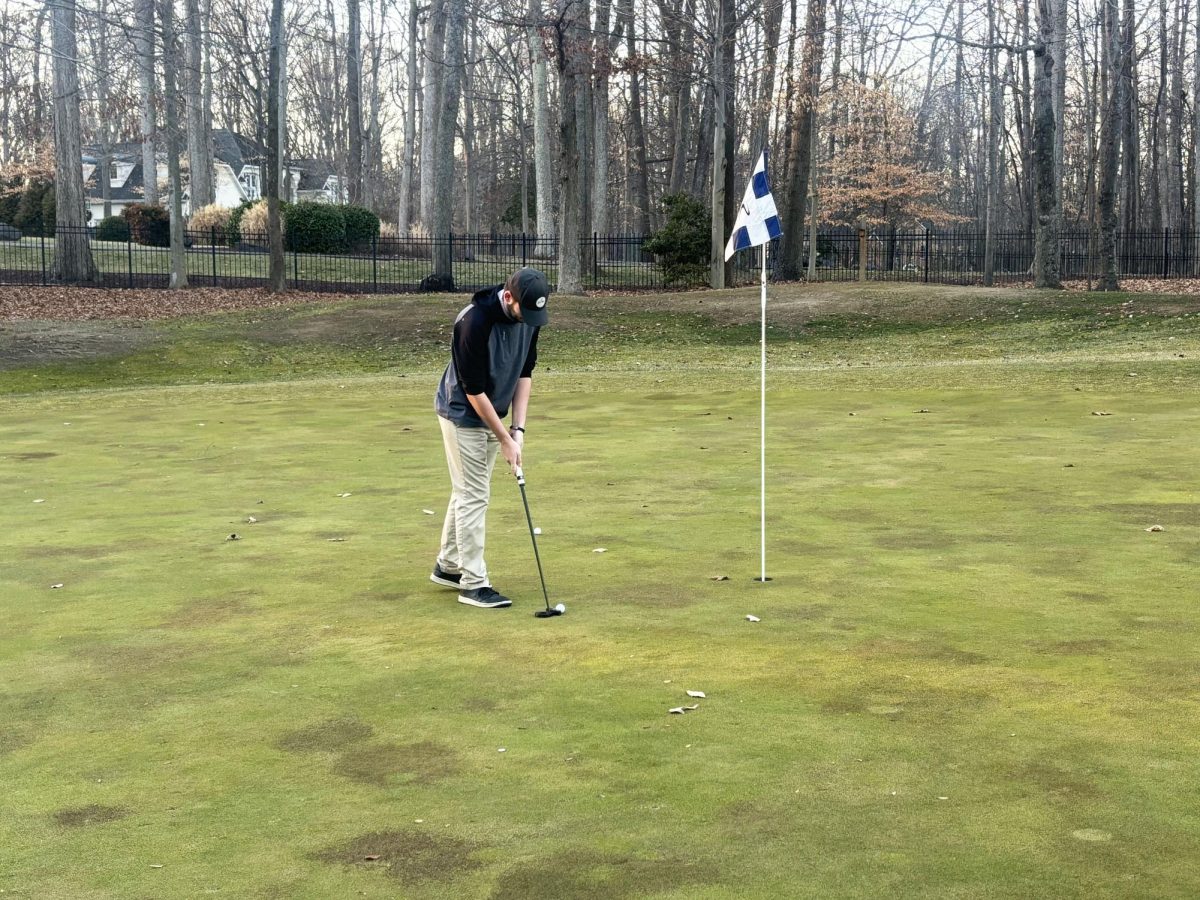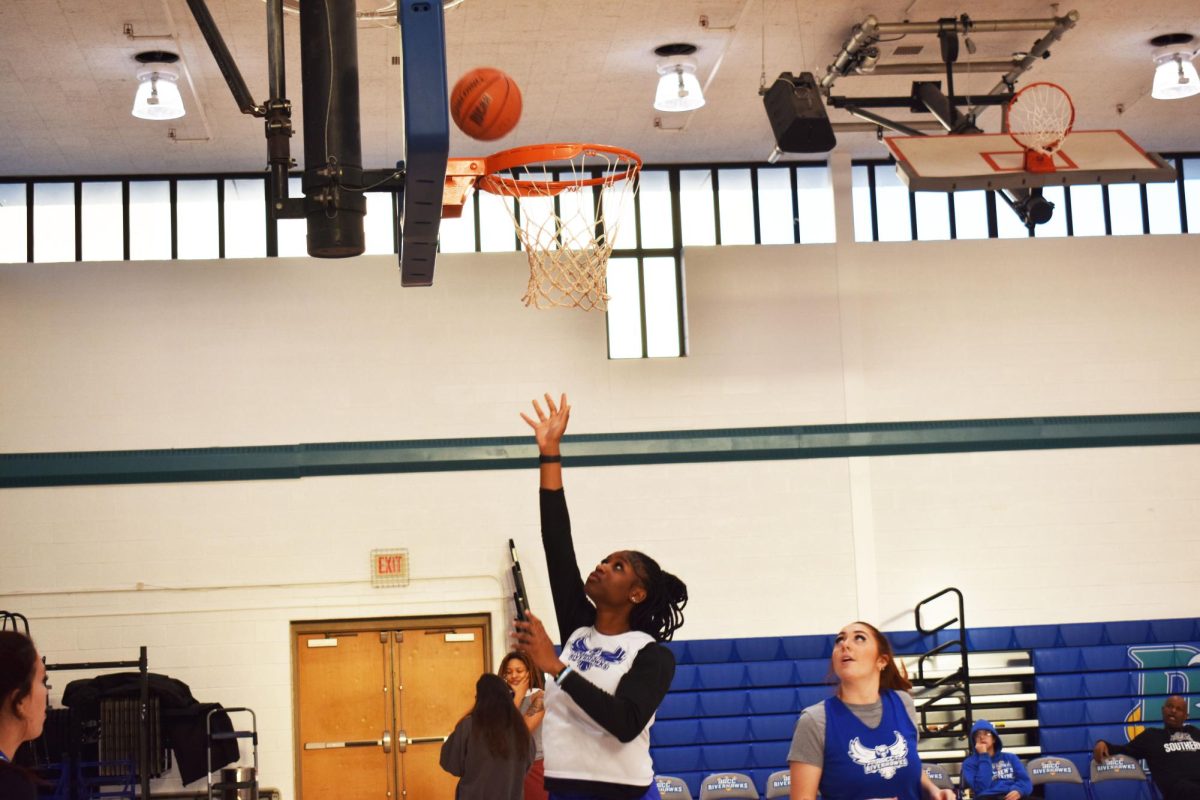A history professor said on Monday that the complicated relationship between baseball, race and civil rights is central to how major league sports operate.
Professor Richard Hardesty hosted the event to celebrate Jackie Robinson Day, named in honor of the first Black person to play in Major League Baseball.
“You can tell the story of America just by focusing on sports, you know, things like racial equality, gender equality, you know, democracy, meritocracy, all these things, just through sports,” Hardesty, who teaches a classed called Sports In America, said.
Hardesty added, “The paradox is for a game to talk about all these American values, to be one of the first institutions to segregate and become used as a tool in the civil rights movement to promote integration. The great irony is that almost 80 years later, African American participation has dropped where it’s like only 7% to 8% is remarkable.”
Hardesty also discussed other athletes like football play Doug Williams, the first African American quarterback to win a Super Bowl.
“That was very important to the civil rights movement,” Hardesty said. “He disproved the stereotype that African Americans could not be leaders.”
Hardesty explained sports can be a tool for unification, but today there are still ways we “segregate ourselves,” Hardesty said. “But in the 19th century, that wasn’t the case. You know, you get your ticket and you sit wherever. You could have lawyers and doctors and merchants basically, you know, mingling with immigrants in manual laborers and field workers, you know, rich, poor, immigrant, Native born, uniting over this love of team.”
The event was educational, according to environmental science student George Sines.
“I’ve been to, like, a handful of games throughout the years, but mostly it’s just for, like, snacks and fireworks.” Sines said, “I felt like how recent a lot of the things were was, like, crazy to me, like the number only like was fully retired in, like, 2013, which was, like, 11 years ago, 10 years ago, and I was like, oh, that’s wild. I thought that it would have happened in like the 90s or something.”
History student Jack Waksmunski, who also has Hardesty as a professor, said “I do like baseball and I am a history major. So anything to do with history, whether it’s sports or anything, I do have an interest.”



